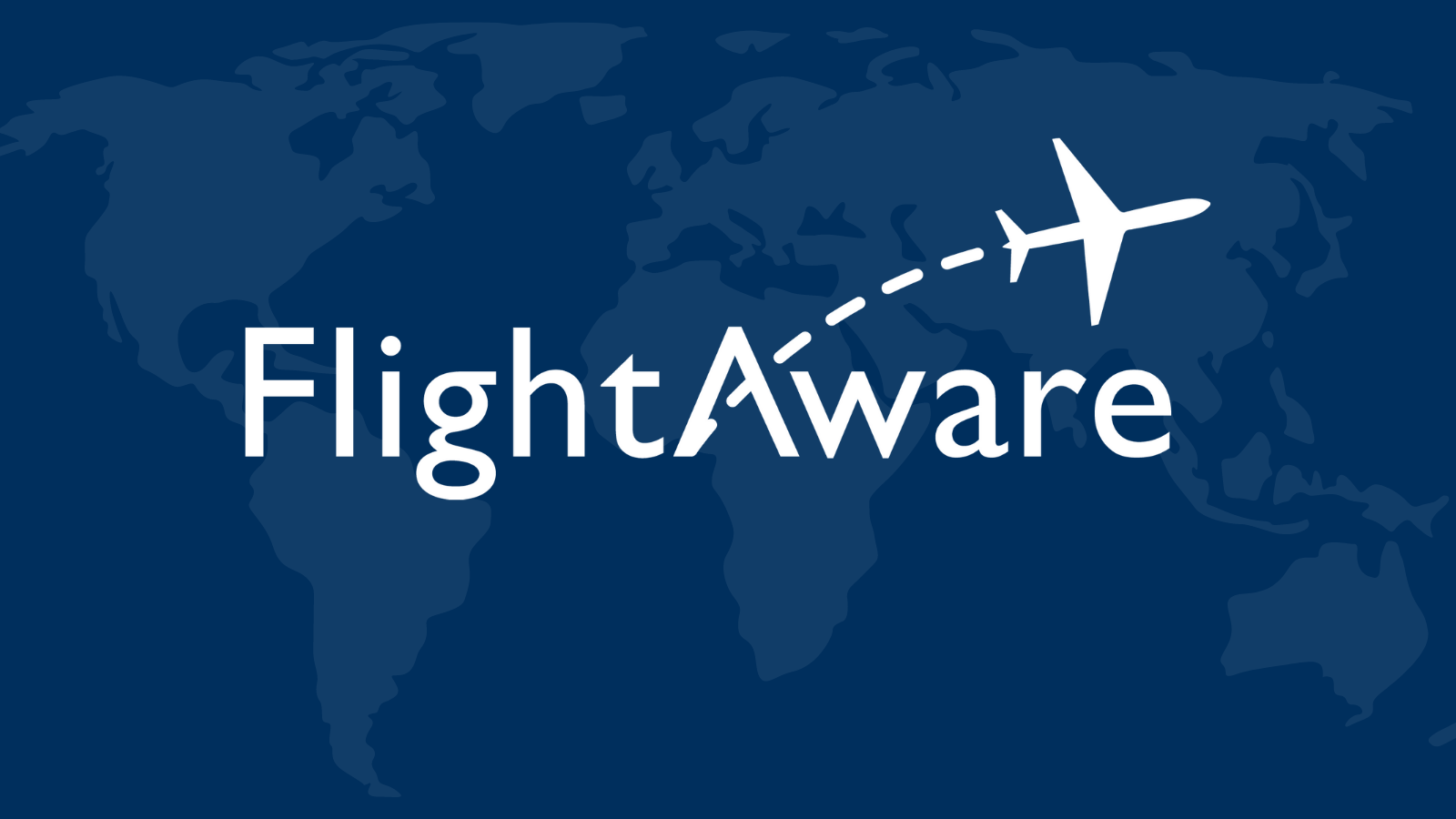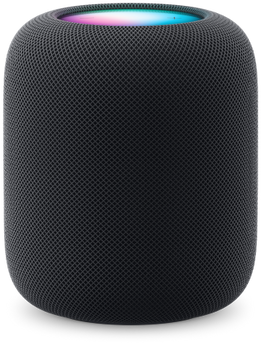An American judge has declined to admit a video as evidence in a lawsuit because it was edited using AI software. The prosecutor's intention was to enhance the quality of the video in order to obtain a better image of the suspect through upscaling.
According to a report by NBC News, the prosecutor utilized Topaz Video AI to enhance the video. The software developed by the American company is capable of recognizing faces and filling in missing details that were not present in the original image. The judge raised concerns about the software's reliance on ambiguous methods to determine what should be shown by the AI model.
This marks the first instance where an American judge has deliberated on the admissibility of AI-modified evidence. The court determined that introducing such modified evidence could potentially complicate the case, obscure eyewitness testimony, and result in a protracted trial due to the lack of transparency in the AI model's process.
The prosecutor had applied the software to enhance a low-quality video captured by a cellphone during a shooting incident in 2021. The purpose was to provide a clearer identification of the suspect in the video. Given that the suspect has not denied involvement in the shooting, the necessity of the AI-modified evidence in the trial is questionable. The ruling in this case may establish a precedent for future cases, though the approach taken by judges may vary depending on the individual circumstances and evidence presented.









 English (US)
English (US)